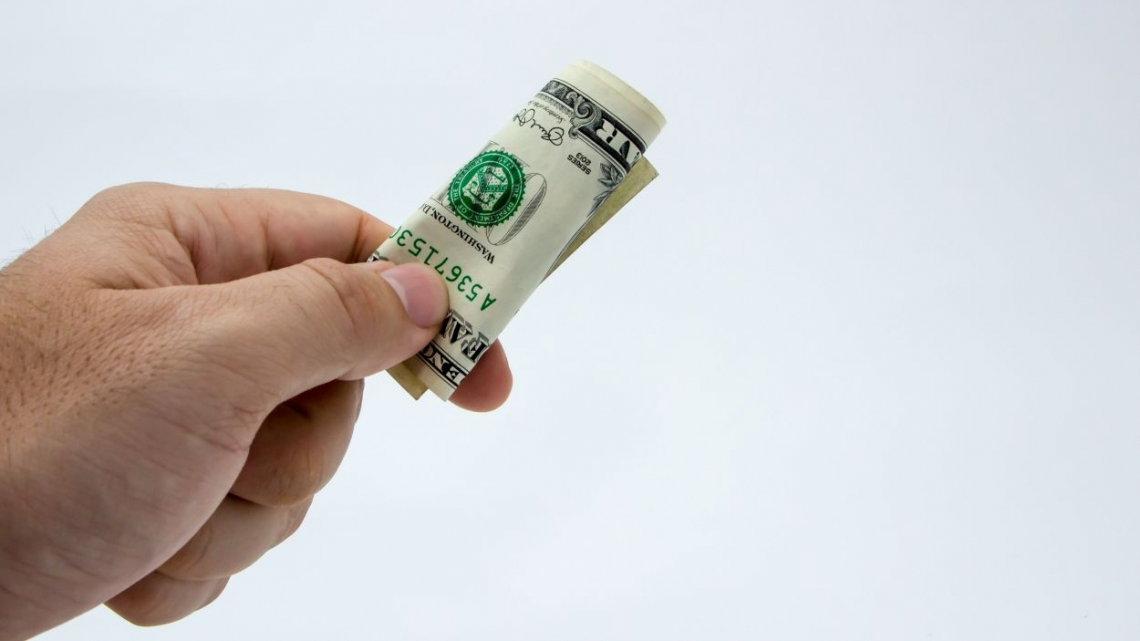The dollar rose to a one-year high
28 September 2021

The dollar rose on Wednesday to a one-year high against major currencies, helped by increased expectations of a reduction in asset purchases by the US Federal Reserve starting in November and an interest rate hike, possibly at the end of 2022.
The dollar also did well despite the deadlock in Washington over the US debt ceiling, which threatened to plunge the government into a shutdown.
The world's largest reserve currency, seen as a safe bet in times of market stress, has strengthened in recent days as investors instead focused on fears of a global slowdown, rising energy prices and rising U.S. Treasury yields.
Traders are also concerned that the Fed will begin to withdraw policy support as soon as global growth slows down.
"The Fed has launched the normalization of monetary policy," wrote Keith Jukes, macroeconomic strategist at Societe Generale in his latest research note.
"As the US avoids zero interest rates, leaving behind the eurozone and Japan, the global savings surplus will be directed towards the dollar, which may outperform most other currencies next year and may begin its movement earlier than we expected," he added.
The dollar index, which measures the exchange rate of the US currency against a basket of six major currencies, rose for the fourth day in a row to 94.112, which is the highest since the beginning of November last year. It last rose 0.4% to 94.115.
Eric Nelson, macroeconomic strategist at Wells Fargo in New York, sees a further 2-3% increase in the dollar index.
The dollar also remained unperturbed, even though Republicans in the US Senate on Tuesday blocked a proposal by Democrats of President Joe Biden to prevent a potentially devastating credit default in the US, federal funding expires on Thursday, and borrowing authority expires around October 18.
The Senate may vote on Wednesday or Thursday on a bipartisan resolution on funding federal operations until early December, Senate Democratic leader Chuck Schumer said.
The euro was among the currencies that lost ground, falling below $1.16, the lowest level since the end of July 2020. It last traded down 0.7% to $1.1596.
The yen reacted poorly to the election of Fumio Kishida as the leader of the ruling Liberal Democratic Party of Japan, which allowed him to become the next prime minister of the country.
The yen, the currency most sensitive to U.S. yields because higher rates could attract flows from Japan, hit an 18-month low against the resurgent dollar. The dollar rose to 112.04, the highest level since the end of February last year, and last rose 0.4% to 111.99 yen.
Currency traders also took note of comments from major central banks on Wednesday, who were panelists at the European Central Bank forum in Sintra, Portugal.
Fed Chairman Jerome Powell, European Central Bank President Christine Lagarde and Bank of England Governor Andrew Bailey said they were closely monitoring inflation amid a sharp rise in energy prices and the persistence of production bottlenecks.





